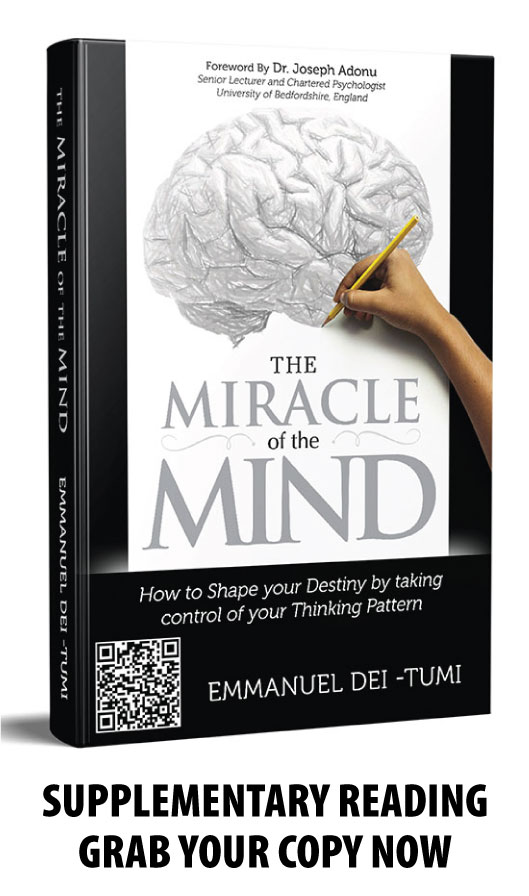The education that Africa needs

The education that Africa needs
November 25, 2020 0 comment
Literacy levels are rising on the continent, and as African governments continue to invest in education, these rates are likely to increase even further.

An increase in enrolment also means an expanding middle class who value education as one of the vital factors in securing the future of the next generation.
The middle class considers education not only as being able to read, write, and do basic arithmetic but as being equipped to think and find solutions that develop communities.
Therefore, the demand for a more qualitative education is skyrocketing. The current education, however, appears to be a paradox to the needs of the continent.
Even as degree holders increase on the continent, Africa continues to face a shortage of skilled labour with the right attitude and mindset to confront the continent’s numerous challenges.
Fields such as Science, Mathematics, Entrepreneurship, Innovation and Technology, Engineering, and Health are still under-served.
From historical times to date, African education is dominantly clerical. That explains why graduates keep flooding the market, yet unable to innovate.
In a 2014 study done by the Inter-University Council for East Africa (IUCEA), the regulating body for higher education in the region concluded that the majority of graduates churned out of the universities are half-baked.
For Africa to be self-sufficient, the continent needs a new approach to education. And this is what we believe the 21st-century education for Africa should be like:
Education that promotes creativity and innovation
What African students need is an education system that prepares them to think, and come up with innovations that solve societal challenges.
Recommended article: Improve Your Destiny; Be A Reader
Africa is not short of such challenges in health, unemployment, environment, governance, among others. Sadly, the current education on the continent is mainly instructional and pays little attention to creativity and innovations, otherwise known as authentic learning.
We are glad that the African Union in a 2018 concept note identified that Africa is expanding her “education systems without necessarily having the concurrent enhancement of productivity and efficiency, particularly with regards to improved outcomes in quality and equity in learning opportunities.” Therefore, “appropriate platforms, frameworks, and programmes and policies have to be developed and implemented to remedy this challenge” reads part of the AU concept note.
Education should promote critical thinking, digesting of information, and critiquing.
One of the most critical aspects of intellectual development is the ability to evaluate ideas, critique claims, and arguments critically.
It is this skill that equips and develops learners into independent thinkers. It is only through this critical evaluation that learners can distinguish among competing claims for the truth to make informed choices. Our graduates desperately need this skill because the continent is reeling from governance and leadership challenges.
The 21st-century education should be enhancing the learner’s ability to find solutions and not just to memorise theories.
Like Educational Reforms (2013) indicates, critical thinking is a central concept in education. It allows learners to go beyond memorising content and instead develop a thought process that can solve problems. This is what Africa needs now.
Education should promote teamwork.
It is said that two heads are better than one. Education of this century should promote teamwork and collaboration among peers on the continent.
Modern workplaces require employees to collaborate to enable work processes and goals to be attained for the common purpose of the company. Because collaboration brings together different skills, experiences, and opinions, education should teach learners to thrive in diversity since they will be contributing to the development and also competing as global citizens and not as Africans.
Hands-on skills.
Many corporations and companies lament that they cannot find the type of employees they need and have to spend a lot of money to retool staff. It is the role of universities and tertiary institutions to train graduates who are employable and can thrive in a radically changing world.
It becomes, therefore, essential for such institutions to work jointly with existing businesses to tailor-make curriculums that address job market demands.
The World Bank (2018) Development Report paints, sadly, an accurate picture of the learning crisis in Africa.
“37 million African children will learn so little in school that they will not be much better off than kids who never attended school,” reads the report.
Educational institutions and businesses, therefore, must address this sad reality urgently.
Entrepreneurship centred
Most employers on the continent are the Small and Medium-Sized Enterprises. These businesses, however, face several challenges ranging from leadership, finance, innovation, systemic thinking, and social patronage. The education that will benefit Africa is one that will encourage and promote entrepreneurship. Institutions of learning should equip learners with skills to start, grow, and pass businesses to the next generation. The education that mass produces job seekers is not the one we need.
Recommended article: Three signs you may not break generational poverty
If the continent can produce more entrepreneurs, much of Africa’s challenges – low taxes, unemployment, and inequalities will be a thing of the past.
The Organisation for Economic Co-operation and Development (2015), correctly put it that entrepreneurship-centred learning fuels deep learning and illustrates the practical relevancy of the knowledge.
The rapid advancement in technology, environment, and societal changes call for us to think and work in new ways if we must be counted as a continent.
Therefore, we urge the various learning institutions on the continent to strive to promote authentic learning in order to produce the next generation of graduates with a distinctive future to lead the change that Africa needs.





